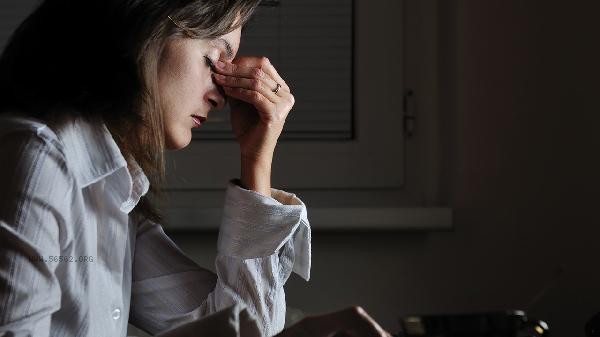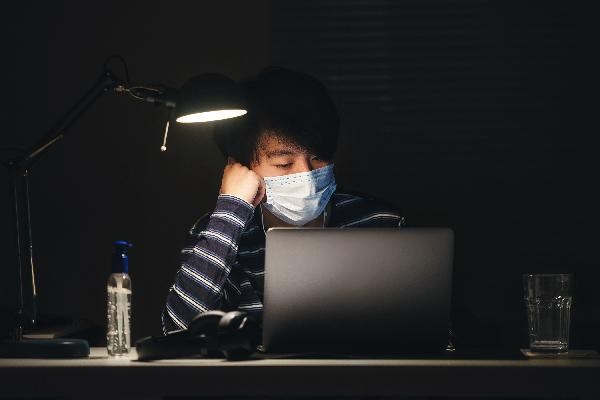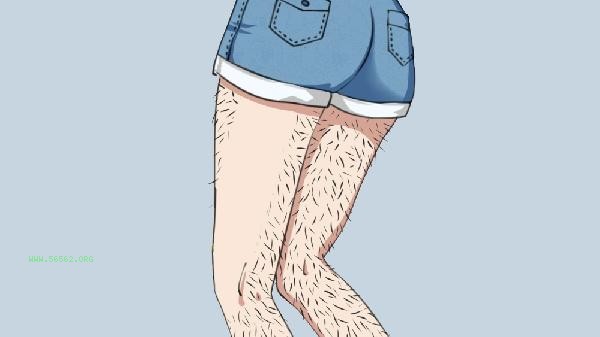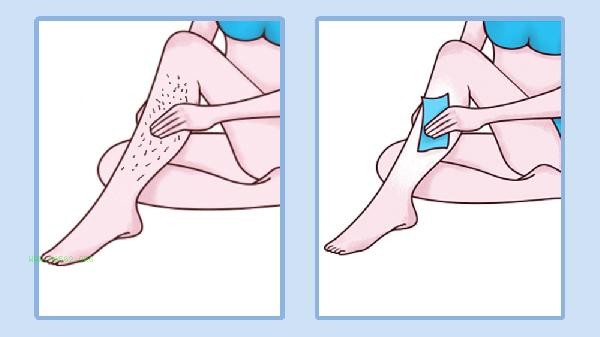Staying up late may lead to severe hair loss, and long-term lack of sleep can affect hair follicle health and accelerate the process of hair loss. Hair loss may be related to factors such as endocrine disorders, insufficient nutrition of hair follicles, and poor scalp blood circulation. Lack of sleep can disrupt the body's biological clock, leading to abnormal hormone secretion, especially affecting male hormone levels. Excessive levels of male hormones can stimulate hair follicles, causing them to enter the resting period prematurely and leading to hair loss. Staying up late at the same time can reduce the secretion of growth hormone, which is crucial for the regeneration and repair of hair follicle cells. People who stay up late for a long time often experience thinning and softening of their hair, as well as a decrease in hair volume. Some people have a strong tolerance for staying up late and may not experience significant hair loss in the short term. But the accumulated damage of staying up late for a long time will gradually become apparent, especially for those who have a genetic tendency towards hair loss. Staying up late can accelerate the process of hair loss. Some individuals with special constitutions may experience temporary hair loss after staying up late, but it can be restored by adjusting their sleep schedule. Maintaining a regular sleep schedule is the key to preventing hair loss from staying up late. It is recommended to ensure 7-8 hours of high-quality sleep every day. Proper scalp massage can promote blood circulation, and supplementing foods rich in protein, B vitamins, and iron can help maintain hair follicle health. If there is persistent massive hair loss, it is recommended to seek medical attention to check hormone levels and hair follicle status, and rule out other pathological hair loss factors.












Comments (0)
Leave a Comment
No comments yet
Be the first to share your thoughts!